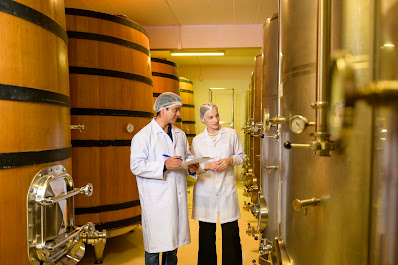Protease in Leather Softening: A Safer Alternative to Chemicals
Leather processing has long depended on chemical-intensive methods to soften hides and prepare them for finishing. These methods, while effective, often come at the cost of worker safety, wastewater contamination and ecological damage. The use of protease enzymes in leather softening presents a promising shift toward safer and more sustainable practices.
Proteases are natural enzymes that break down proteins, making them ideal for use in the softening stage of leather processing. When applied correctly, they help loosen and remove unwanted proteins and fats from the hide without the need for aggressive chemical treatments such as sulphides and lime.
This enzymatic approach reduces chemical load in the effluent, lowering both treatment costs and environmental impact. The process is also gentler on the hides, resulting in improved grain quality and less fibre damage, which enhances the overall quality of the leather.
Another key advantage is improved workplace safety. Enzymes work effectively at milder pH and temperature conditions, creating a less hazardous environment for plant operators. Protease formulations can be customised to meet specific hide types or desired softness levels, offering versatility without sacrificing performance.
As demand grows for cleaner and more responsible manufacturing, enzymes like protease are becoming vital tools in the leather industry. They enable processors to achieve high-quality results while reducing their environmental and occupational footprint.
Source - https://www.biolaxienzymes.com/protease-in-leather-softening-a-safer-alternative-to-chemicals/




Comments
Post a Comment